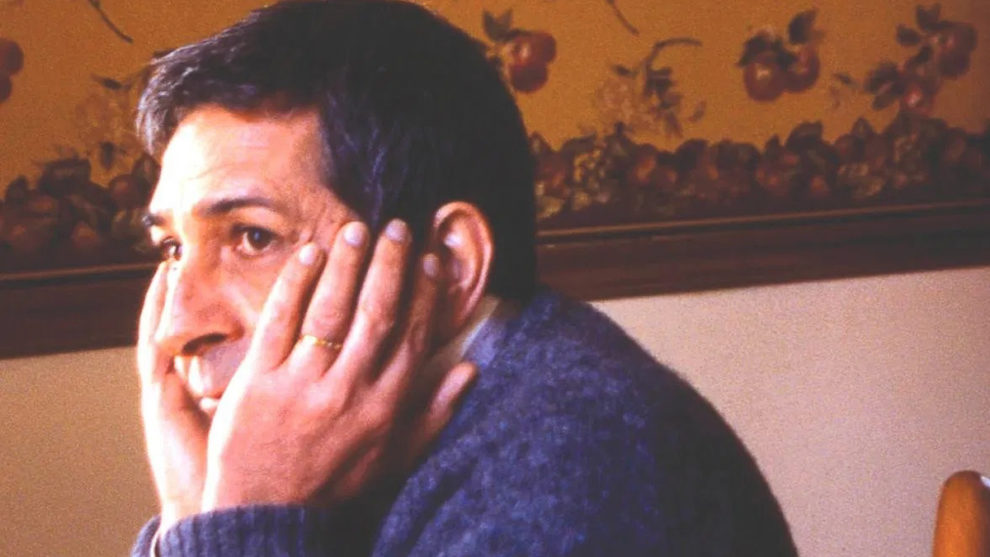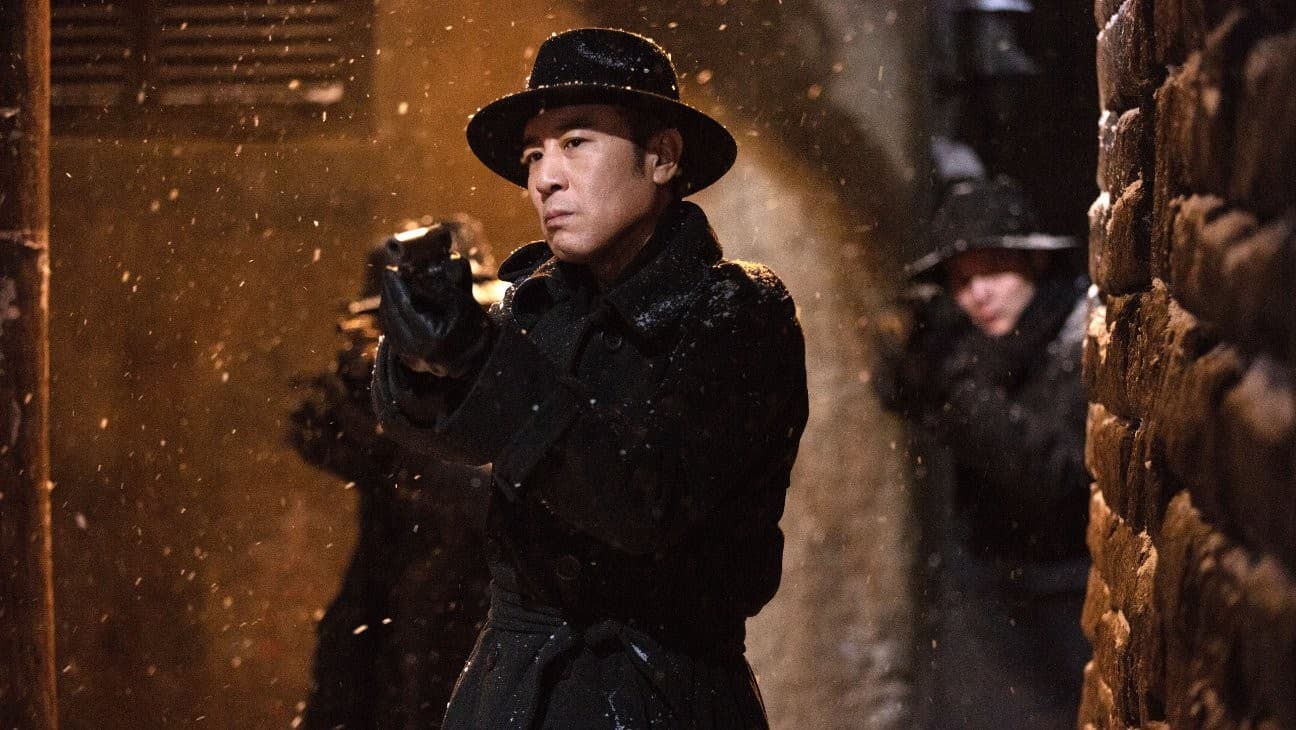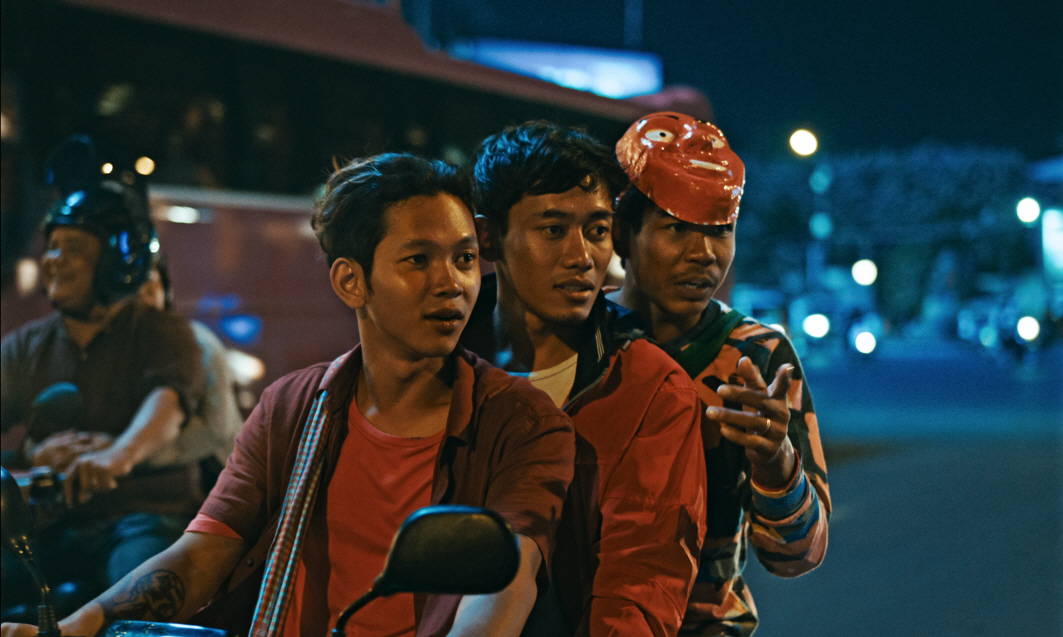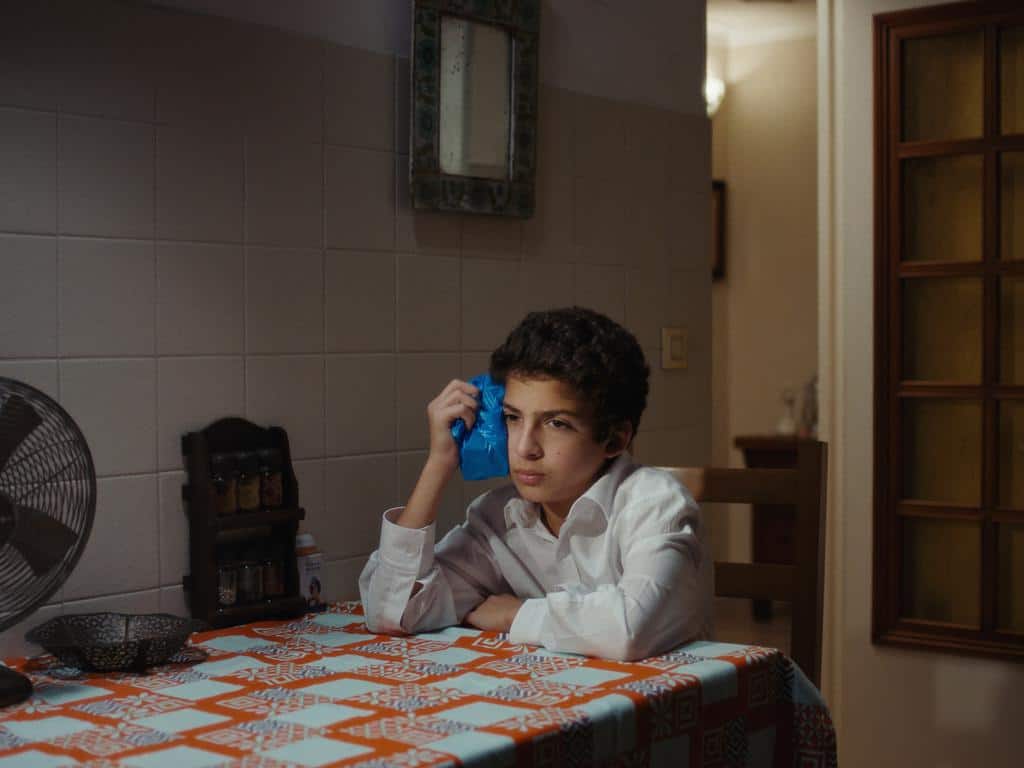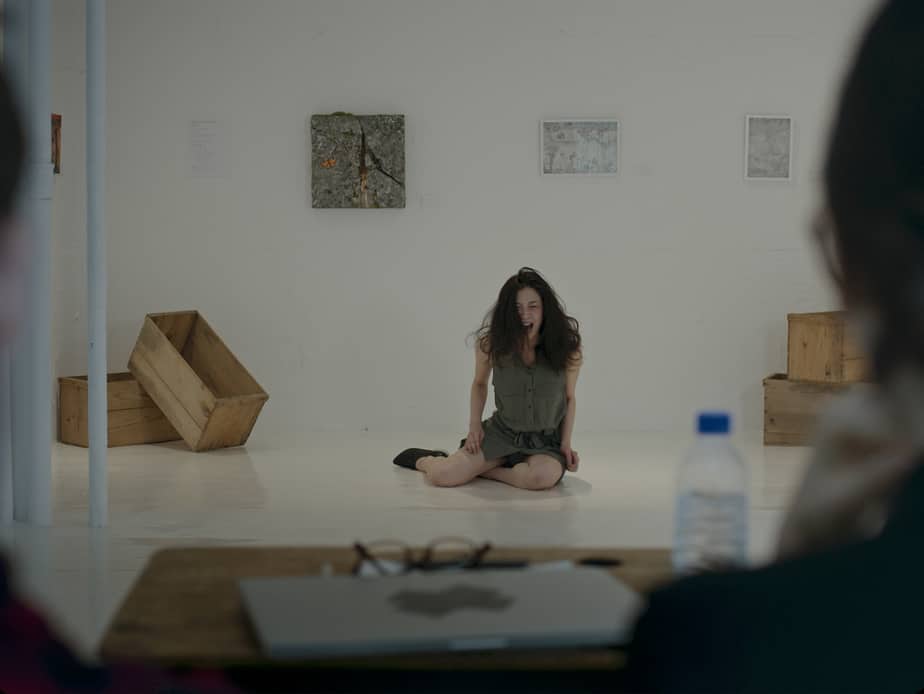The concept of the conservative, Indian father who has moved from India to the West but cannot seem to adjust or even let his offspring adjust to this “foreign” society has been a recurring one for cinema, with “Bend it Like Beckham” being the first that come to mind. Nisha Ganatra uses this concept as her base, but her narrative moves towards different directions, as this time the focus is the aforementioned father and not his children.
“Cosmopolitan” is screening at San Diego Asian Film Festival

The story takes place in a New Jersey suburb, where Gopal, a retired, rather conservative man finds his life in shambles as Diwali is about to start. His daughter announces that she is moving to a Mongolian yurt with her German boyfriend, while his wife informs him that she abandons him and returns to India. Shattered, depressed and ashamed, Gopal hides the fact from his family friends, while he embarks on a trip inside his house that brings him into reading his daughter's Cosmopolitan magazines, which he used to be rather judgemental about, and watching Bollywood movies. His need for human connection, however, is so intense, that he even tries to strike up a personal conversation with phone salespersons. Eventually, and as he realizes how alone he is, he approaches the quirky, boozy next-door neighbor, Mrs Shaw, which he also used to criticize before, eventually even inviting her for a Christmas dinner. Despite their differences, and the fact that Gopal has tailored his behaviour towards her according to Cosmopolitan advice, the two begin a romantic relationship.
Although “Cosmopolitan” is a TV-production, something that is particularly evident in the style of Matthew Clark's cinematography and the overall coloring, and Jane Pia Abramowitz's fast editing, the movie thrives on context, which brings it levels above the usual standards of the then TV programs. The concept of the man who is left alone and has to face himself for the first time in his life is probably the most intriguing, and Roshan Seth is great in presenting a conservative middle-aged man who is lost inside his own persona and overall life. The motif of “older” people dating is also presented greatly, through an approach that is both sensitive and comedic, benefitting the most by Carol Cane's acting as Mrs Shaw and the antithetical chemistry the two protagonists share.
Devil is in the details, and it is here where Nisha Ganatra's work truly shines, through a number of subtle but occasionally quite pointy comments. The fact that Gopal starts reading Cosmopolitan in the bathroom is an indicative one, as much as the fact that it becomes obvious from the beginning, that what the magazine's writers advise does not really apply to real life. The first date of the two highlights their differences, both as characters and as to what they expect from the dinner by the way they are dressed, with Gopal being in full attire and Mrs Shaw as casual as possible, while the whole issue with her drinking and him not highlighting their gap even more. This aspect, which is cemented even more a bit later, is essentially the main source of drama in the movie, and one that allows Ganatra to analyze the personas of the two characters to the highest degree.
This combination of comedy, drama, and romance is also interspersed with a number of Bollywood scenes, occasionally including both protagonists, in a hilarious aspect that reminds much of the late hype with Reface app on occasion, which adds a retro/meta element to the overall humor.

“Cosmopolitan” is funny, interesting, well-directed and acted, and in just 53 minutes, does not overextend its welcome in any way. Definitively a “soup for the soul” movie.


